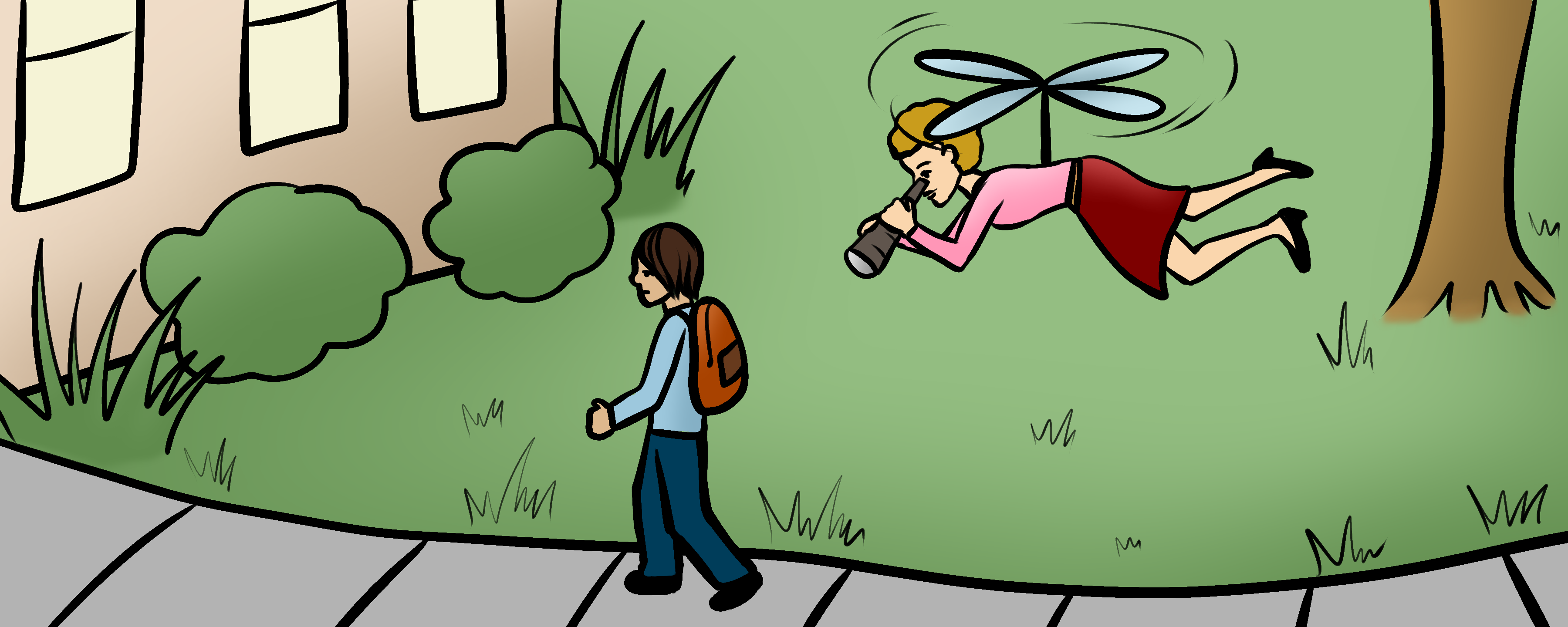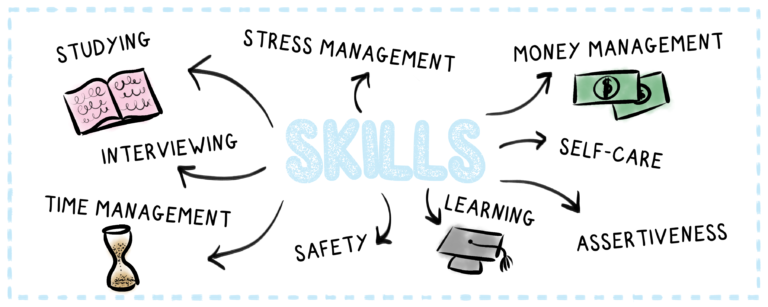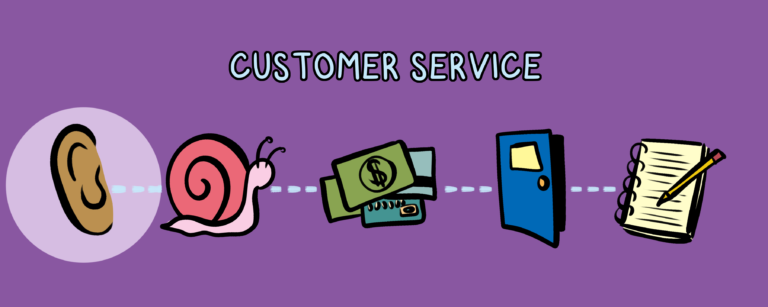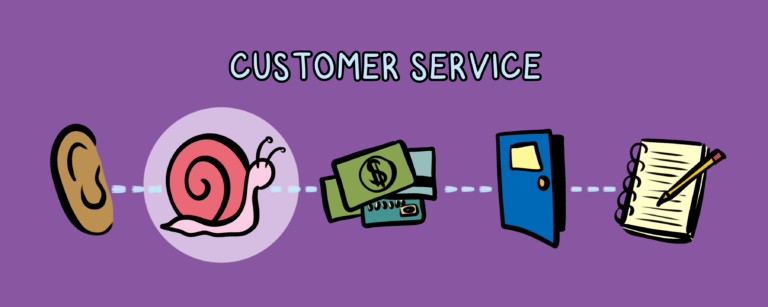Oh, hey! Welcome to the Community.
We all know them, we all dread them, and we all are aware of the impact they’ve had on Residence Life Professionals. Of course, I’m speaking about helicopter parents. Defined as “a parent who takes an overprotective or excessive interest in the life of their child or children (source),” helicopter parents have become a staple in the work of Residence Life Professionals. We now see parents at every step: completing applications on behalf of their student, calling the Residence Desk to ask if their student made it to class, requesting an extended guest pass to ‘live’ with their child for a couple of weeks, to name a few. They’ve set up their students with unrealistic expectations for support, and as such, when they move into residence, that heightened expectation is transferred onto you and your staff.
The concept of helicopter parents is not new. What is new is the adaptation of some of the traits of helicopter parents in Residence Life Professionals. More and More, we use statements like “the students won’t read that” or “we need to make this as easy as possible so students will do it.” While I don’t disagree that we should put students first, I do think to enable the behaviors formed by helicopter parents is doing our students a disservice in the long run. We need to build up our students so they have resilience and the ability to articulate their argument and not rely on someone else to advocate on their behalf.
Build Self-Reliance:
Students have grown up overscheduled and have become over-dependent. Rather than fostering these traits, think about how you can combat them. Include things within your Learning Outcomes and Community Development Plans that include students learning how to effectively schedule their own time and build lessons into your intentional interactions for tackling their problems.
Make Students Work for Success:
You’re not doing a service by making the students’ lives as easy as possible. Their parents have already done that, and now they’re unable to take care of themselves. Make rules, keep challenges, and hold students accountable. A deadline is a deadline for a reason, and while you can be there to support, do not do the tasks for them. Your students will build confidence through successfully navigating challenges and experiencing failure.
Allow Students to Experience Failure:
Johnny Cash said: “You build on failure. You use it as a stepping stone.” Students need to fall to know that they can get back up after. They need to know that if they fail, there are people and supports in place to help them overcome these setbacks. Students with helicopter parents need to learn to use those stepping stones to get to a destination rather than let someone carry them to the end of the path.
Remind Students to Respect:
Helicopter parents are known for spoiling their kids and creating more of an equal or friend relationship dynamic. As such, it can be difficult for children of helicopter parents to respect authority and decisions that do not align with their viewpoint. Help your student staff members by explaining that top-down decisions sometimes happen, and educate them on ways to appropriately voice their opinions. Additionally, remind your students that it’s important to see different opinions as learning opportunities and that we can often learn from someone who has more experience. Lastly, remember that it could be the first time a student has heard this, so it may be difficult to hear and adopt a new way of approaching top-down scenarios.
Hold Students Accountable:
Children of helicopter parents often run the show. If they didn’t want to do something, they didn’t have to. Hold your students accountable for their commitments, and enforce consequences. Things like showing up late or missing a conduct or staff meeting should have a consequence, especially if the student fails to let you know or lie about why they could not attend. You’ll be instilling the values of honesty and trustworthiness.
The End Goal
These suggestions for the ways you interact with students may seem old-school or a bit harsh; however, I challenge you to think about the benefit to your students and your staff. You’ll be instilling values and behaviors that are consistent with soft skills that are desirable across job markets and aren’t taught in the classroom. You’re helping to create resilient, self-sufficient, and hard-working ambassadors for your institution.
Thanks for being part of our community. We’re glad you’re here.
Source: https://www.huffingtonpost.ca/marcia-sirota/12-ways-to-stop-helicopter-parenting_b_16462736.html






